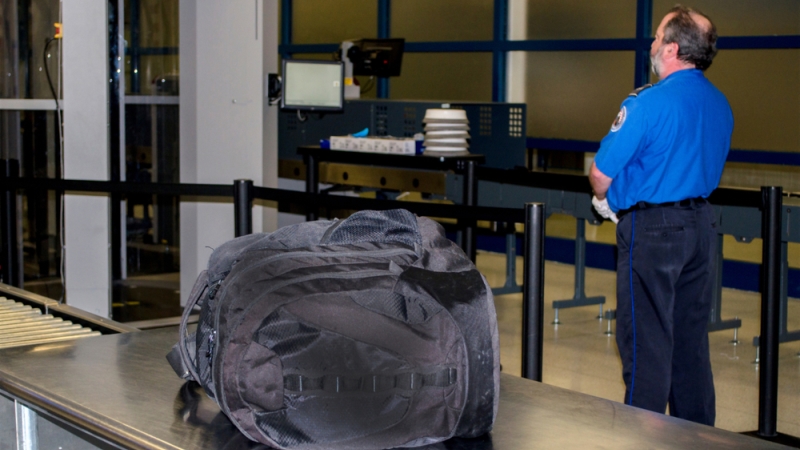
Legislation to invest in 21st century security technology, bolster Transportation Security Administration (TSA) funding and its workforce, and end diversion of passenger security fees was reintroduced by a bipartisan group of House representatives on March 11.
Rep. Peter DeFazio, D-Ore., along with Reps. Bennie Thompson, D-Miss., and John Katko, R-N.Y., reintroduced the Funding for Aviation Screeners and Threat Elimination Restoration (FASTER) Act to eliminate the diversion of one-third of the revenue collected from airline passenger security fees to pay for unrelated government spending, which Congress began doing back in 2013.
In fiscal year 2019, $1.36 billion or $4.25 billion in security fees collected was diverted away from aviation security. Over $19 billion in security fees is expected to be diverted by FY27 unless the current law is changed. Allowing TSA to avoid diverting these fees will allow the agency to “invest in their workforce, 21st century screening technology, and ensure a more efficient and safer screening process, especially as air travel is expected to pick back up this year.”
“As the COVID-19 recovery continues and Americans return to traveling, it’s imperative that TSA has the necessary resources to ensure our aviation security,” said Rep. DeFazio, chair of the Transportation and Infrastructure Committee. “The FASTER Act will finally end this budget gimmick and provide TSA the full funding that it needs and that Congress intended it to get— funding that is already paid by travelers— to invest in state-of-the-art equipment and hire additional staff in order to make air travel not only safer, but more efficient.”
“The FASTER Act allows TSA to invest in more robust airport security infrastructure by redirecting revenues accumulated by security fees. Ensuring TSA has adequate staff and resources is essential to our national security, and I am proud to once again co-sponsor this legislation that improves TSA preparedness,” said Rep. John Katko, ranking member of the Committee on Homeland Security.
Similar bills to this were introduced by Rep. DeFazio in 2016, 2017, and 2019, none of which received a vote.
